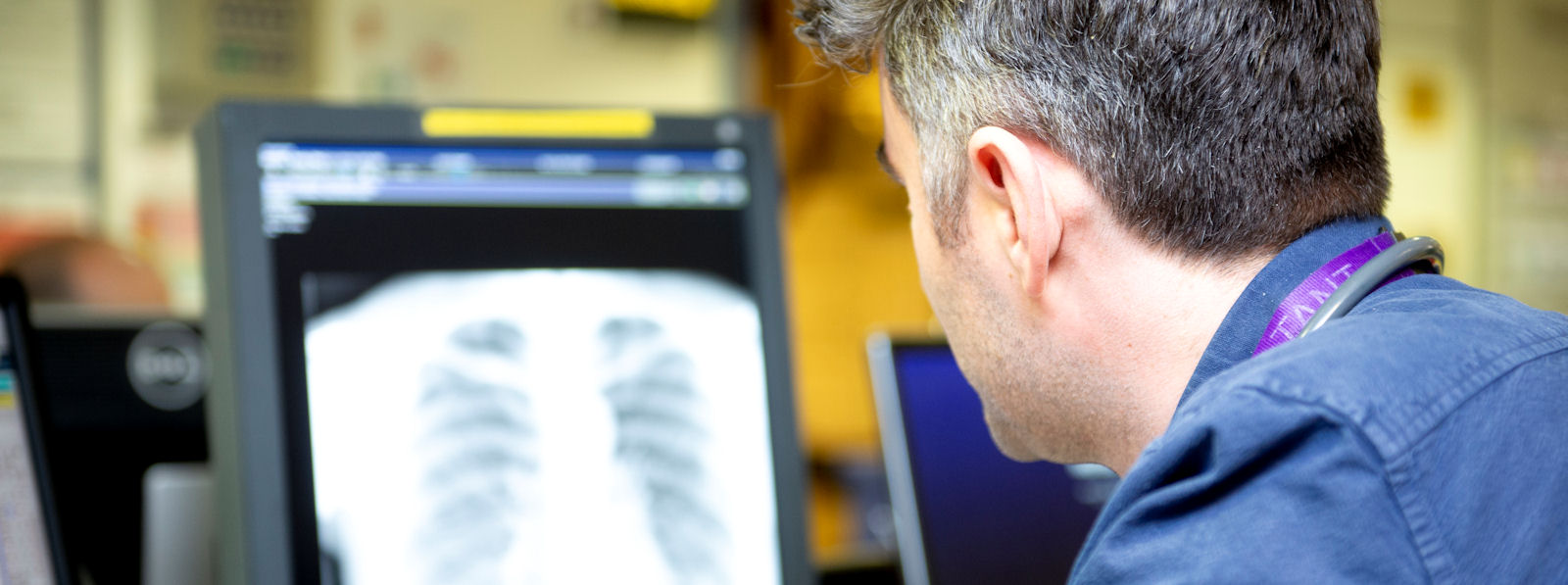Last updated July 2020
Brainomix (e-Blood)
ACUTECare is working with Brainomix, a University of Oxford spin-out company, to evaluate an AI-powered tool (e-Blood) for detecting acute intracranial haemorrhage.
e-Blood is part of the e-Stroke Suite and is now at a developed and deployable stage, undergoing regulatory review, with anticipated CE-marking in 2020.
Work so far shows that in people with stroke symptoms, e-Blood detects intracranial haemorrhage with high sensitivity and specificity. This provides a decision support tool for clinicians, improving confidence and accelerating decision-making in the acute setting.
Detection of intracranial haemorrhage is pivotal in the evaluation of head injury and stroke, particularly in the presence of anticoagulation, and this clinical problem poses a significant burden on acute care resources.
Brainomix is evaluating the performance of its blood algorithms for different presentations and types of intracranial haemorrhage in close collaboration with ACUTECare.
COVID-19
COVID-19 rapidly changed the landscape of acute healthcare. From the start, ACUTECare has been at the epicentre of COVID-19 research in Oxford, at both strategic and operational levels.
The multidisciplinary unit was central to the co-ordination and delivery of key studies and clinical trials. Most notably the RECOVERY trial, which has now demonstrated a major survival benefit from dexamethasone use in COVID-19 infection.
Understanding demand in acute healthcare
In a series of different projects we have studied factors contributing to the increasing demand for acute care and the impact of interventions to address these rising demands.
We use big data approaches as well as focused clinical studies to better understand how we can optimise acute care.
Published studies have examined factors involved in kidney disease in acute care, the management of pulmonary embolism without hospital admission and the impact of a clinically inclusive approach to ambulatory care on the healthcare system.
Frailty Response Unit
The Frailty Response Unit is an experimental out-of-hospital rapid response vehicle staffed by a Specialist Paramedic for the assessment of elderly or frail patients who may be unwell.
It is equipped with point-of-care tests that connect wirelessly to the hospital electronic patient records, allowing real-time remote decision support from senior physicians in the medical Ambulatory Assessment Unit.
Ongoing trials are assessing the impact of this on clinical outcomes and hospital attendance in this patient population.


